In India, the days when family businesses were passed down exclusively to sons seem to be long gone. More and more girls are taking up leadership positions, bringing a mix of traditional values and innovative thinking. They bring fresh vision, bold strategies and a relentless commitment to excellence.
When the "young lady" takes control of the family business
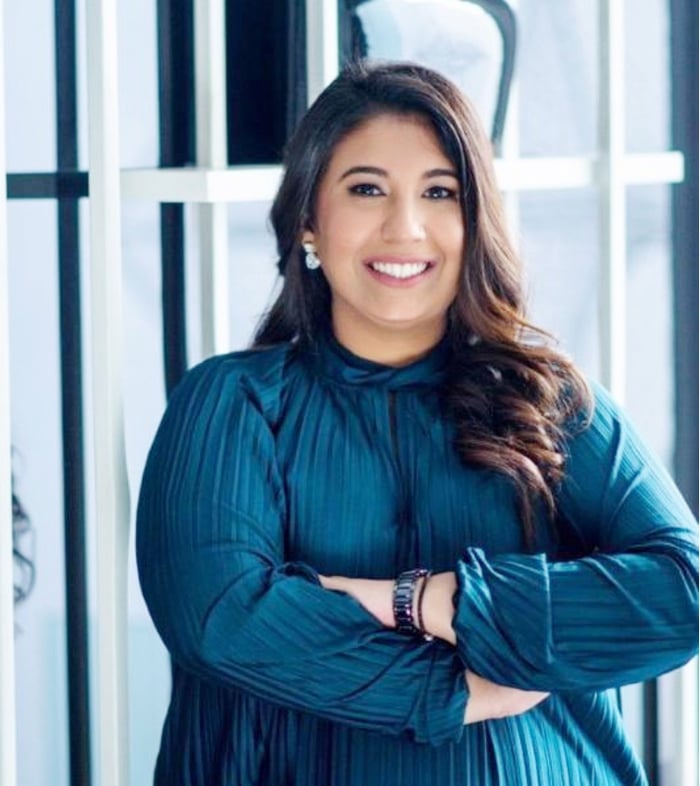
Yukti Nagpal, director of Gulshan Group
Yukti Nagpal, Director of Gulshan Group, is a prime example. In an interview with HT Lifestyle, Yukti shares, “At Gulshan Group, leadership is not an inherited privilege – it is learned. It requires dedication, vision and the ability to make an impact while maintaining a legacy of excellence. For me, going into business was not about seeking privilege. My father encouraged, empowered and supported me but leadership can only be cultivated through experience, perseverance and a deep understanding of the complexities of the industry.”
“I have to earn the trust of my stakeholders, my team, and my colleagues—not by demanding a seat at the table, but by demonstrating that I can elevate the business. Leadership means challenging stereotypes, embracing innovation, and expanding vision, while remaining true to core values.”
“Success is not about stepping into a role, it’s about owning and shaping that role,” she emphasizes. “Be fully engaged, immerse yourself in every aspect of the business, and create a legacy that reflects your unique strengths. Leadership should not be defined by gender, but by the impact we make. Because behind every successful man is a strong woman, and behind every successful woman is a team of men who believe in her vision.”
Breaking traditional norms and stereotypes
Does having a daughter take over rather than a son make some men feel threatened or left out? Dr Preeti Singh, a senior consultant, said the growing number of daughters running the family business was a welcome development, but also revealed an imbalance created by “the deep influence of patriarchy and the need for control that men internalize through social conditioning”.
From a young age, men are taught to associate their self-worth with power, decision-making, and the ability to provide for their families. This creates an underlying belief that their opinions matter more – not only in the workplace, but also in the personal sphere. Dr. Singh believes that shifting this perception allows men to develop a more holistic emotional and self-awareness, which in turn fosters more positive family and social relationships. This shift creates the conditions for an equitable leadership environment where competence and vision – not gender – are the determining factors.
Reimagining Leadership for an Inclusive Future
When Priyanka Chigurupati, CEO of Granules India Ltd., joined her family business 13 years ago, she could not have imagined how profoundly the journey would change her. Although she graduated with a degree in fashion design, Priyanka followed in her family’s footsteps in the pharmaceutical industry.
“The outdated notion that businesses are only passed down to sons is a thing of the past,” she shares. “Today, I stand alongside many outstanding women in different industries who are redefining family legacy. My position is not a privilege – it is the result of relentless effort, immersing myself in my work and proving my abilities every day.”
Priyanka says that, as a woman and the founder's daughter, every decision she makes is scrutinized. "In boardrooms where I'm often the only woman, I've heard greetings like, 'Thank you, gentlemen, for being here,' as if the male opinion is always considered more important."

Priyanka Chigurupati - Managing Director Granules India Ltd.
For her, leadership has been a journey of striking a balance between respecting her family roots and building an inclusive corporate culture. While it has been “almost impossible” at times, the process has pushed her out of her comfort zone and into making difficult but necessary decisions.
Her message to daughters entering the family business is: "Success is not just about holding a title - it's about owning that role, shaping it with your own unique vision. We don't need to copy traditional leadership styles, but bring our authentic selves - including emotional intelligence - to create innovative and humane businesses. We are not just inheriting a legacy, we are reimagining it for a better future."
When the daughter-in-law is given leadership
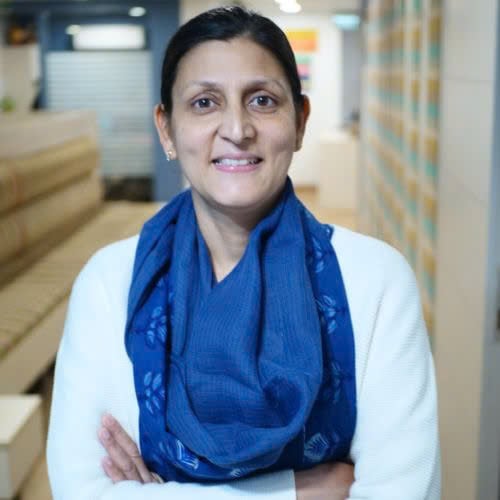
Dr. Sheetal Jindal, Senior Consultant at Jindal IVF
Dr. Sheetal Jindal stepped into the role of senior consultant at Jindal IVF as a daughter-in-law – a position rarely mentioned in succession discussions. “My in-laws have given me love, trust and respect. They saw my potential and vision, rather than limiting me to a traditional role. It is this trust that has helped me break gender stereotypes and contribute to the field of reproductive health care – a field that empowers women,” she shares.
As head of the genetics program at Jindal IVF, she added: “I not only promote quality care, but also create a compassionate, patient-centered environment where women are in control of their reproductive health and future.”
She hopes to inspire women in similar positions, encouraging them to believe in their ability to lead and succeed despite societal pressures.
"For me, leadership is not defined by title or bloodline - but by passion, perseverance and unwavering belief that you can make a difference."
Source: https://phunuvietnam.vn/an-do-ngay-cang-doanh-nghiep-gia-dinh-giao-nhieu-quyen-dieu-hanh-cho-con-gai-20250511132353922.htm


![[Photo] Urgently help people soon have a place to live and stabilize their lives](/_next/image?url=https%3A%2F%2Fvphoto.vietnam.vn%2Fthumb%2F1200x675%2Fvietnam%2Fresource%2FIMAGE%2F2025%2F12%2F09%2F1765248230297_c-jpg.webp&w=3840&q=75)





















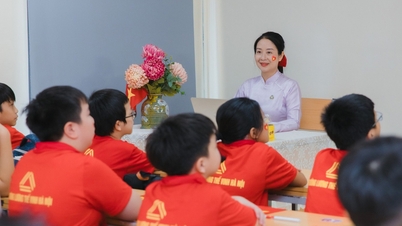








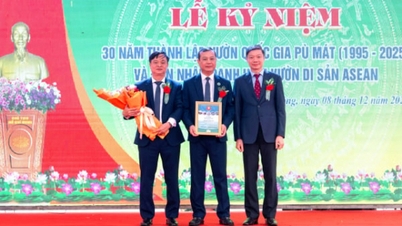



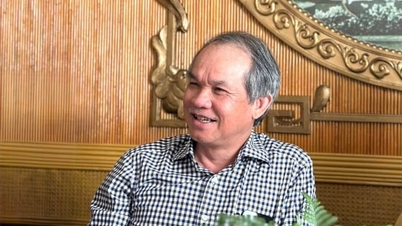









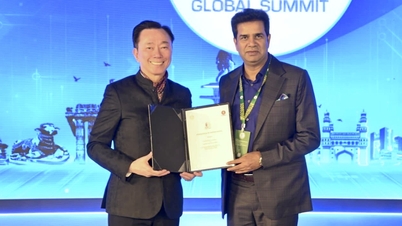





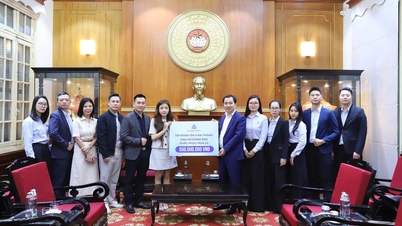















![[Photo] General Secretary To Lam works with the Standing Committees of the 14th Party Congress Subcommittees](https://vphoto.vietnam.vn/thumb/402x226/vietnam/resource/IMAGE/2025/12/09/1765265023554_image.jpeg)


































Comment (0)